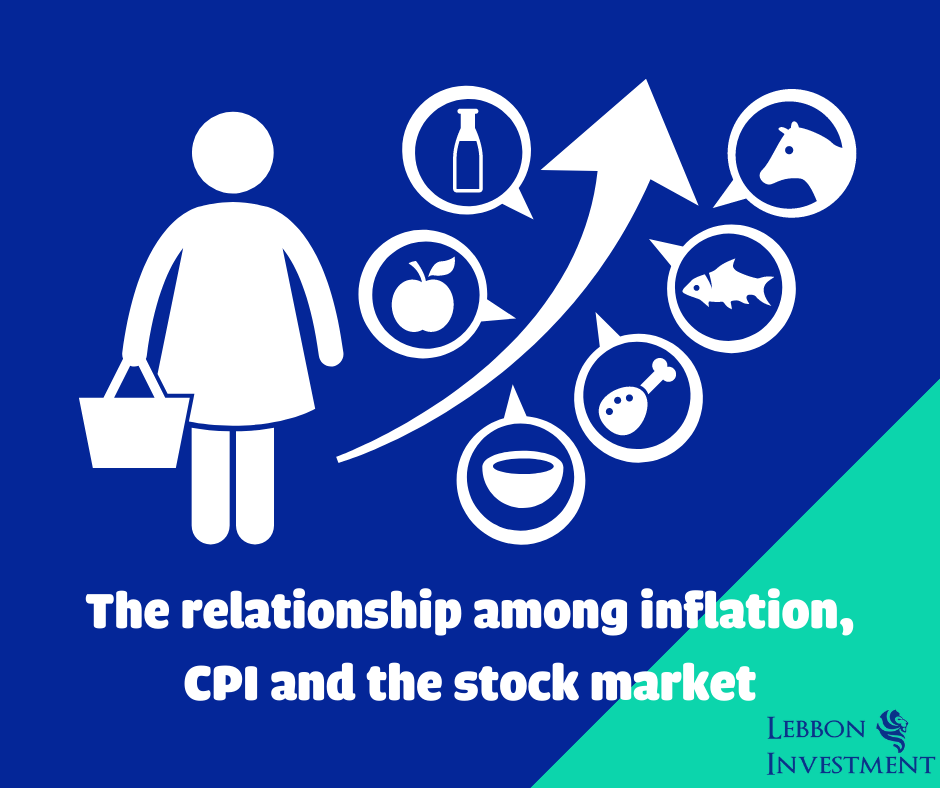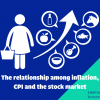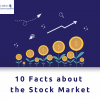Inflation is defined as an increase in prices in the market. Economists use the consumer price index (CPI) to measure inflation, and inflation has a significant impact on the stock market.
1. What is inflation?
The term “inflation” refers to the increase in the price of goods and services over time (compared to a previous period). There are two main causes of inflation:
- Demand-Pull Inflation: occurs when aggregate demand increases. For example, you normally buy a shirt with 100,000 VND. But the number of them distributed to the market is not enough to meet the demand. Then the shirt becomes scarce and its price will increase higher than normal.
- Cost-push inflation: To make a product, a factory needs raw materials. When the price of a raw material increases, the cost to manufacture the product increases accordingly. Since then, the price of the product must also increase to ensure profits for the company. That is cost-push inflation.
2. Consumer price index (CPI)
CPI is an index that measures the average price of goods and services purchased by a typical consumer over a specified period of time. Thus, the CPI will reflect the relative change in the price of consumer goods over time and expressed as a percentage. CPI is a measure of inflation.
The fluctuation of the CPI will cause inflation or deflation. If prices rise to uncontrollable levels, inflation becomes hyperinflation. In the case of falling prices due to a decrease in aggregate demand, it leads to deflation – economic recession – widespread unemployment. Deflation can be taken for example when social distancing due to the Covid epidemic leads to a sharp decrease in the demand for food and shopping, and a sharp decrease in aggregate demand in some specific areas, resulting in goods not being sold, prices starting to fall, etc.
3. Policies to reduce inflation
- Reduce the amount of paper money in circulation to reduce excess idle money
- Release bonds
- Increase deposit interest rate
- Reduce pressure on prices of goods and services
- Implement tight financial policy
- Postpone unnecessary expenses
- Rebalance the state budget
- Reduce spending
- Increase the fund of consumer goods to balance the amount of money in circulation
- Promote free trade
- Reduce tariffs
- Borrow foreign aid
- Reform currency
4. The relationship between inflation and the stock market
When inflation (prices go up), the interest rate announced by the State Bank also increases in order to ensure positive real interest rate. When savings interest rates are high, bank savings is the more secure choice to people. The attractiveness of the stock market then decreases and the stock prices therefore decrease, too.







